+33 (0) 3 20 16 91 40
Medical laboratory

You are a private medical laboratory or a medical laboratory within an hospital.
Your laboratory carries out tests to measure various constituents in biological fluids (blood, urine, cerebrospinal fluid, etc.) or human samples.
AGLAE provides a range of External Quality Assessments for cytological and bacteriological analyses on urine, blood, stools and CSF.
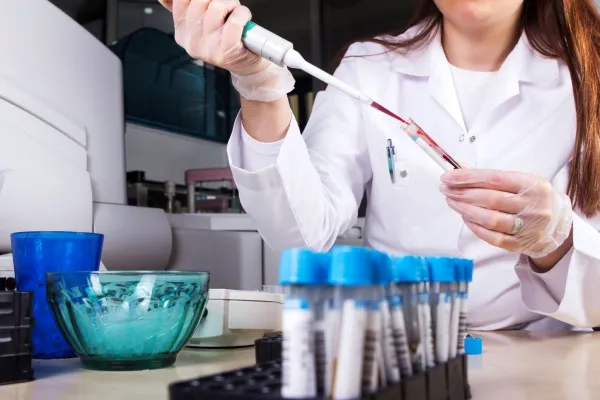
Medical biology analyses
- Medical biology covers a wide range of disciplines: biochemistry, haematology, immunology, microbiology, etc.
- Medical biology examinations take place in three stages:
- the pre-analytical phase, which includes taking and transporting biological samples
- the analytical phase, using various techniques (microscopy, culture, automated medical analysis systems)
- the post-analytical phase, with validation and interpretation of the results.
- These tests are used to assess a patient's state of health, diagnose pathologies, monitor illnesses and monitor treatment
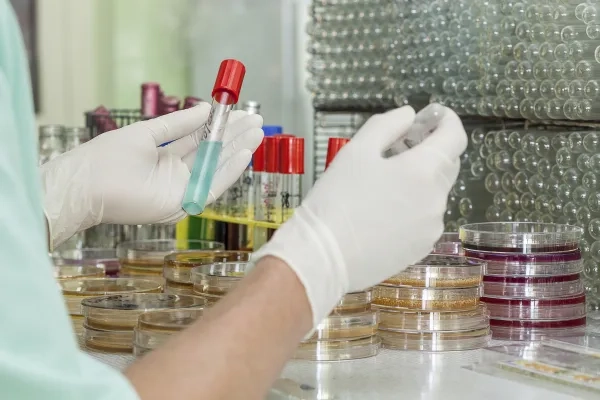
Your expectations in terms of Quality Control
- As part of your accreditation, your laboratory must meet the requirements of the ISO 15189 standard "Medical laboratories - Requirements for quality and competence" according to the standard scopes for accreditation of medical biology examinations.
- Accreditation of your medical laboratory guarantees the reliability and quality of your medical biology examinations, by checking your competence against that of your peers, other medical labs.
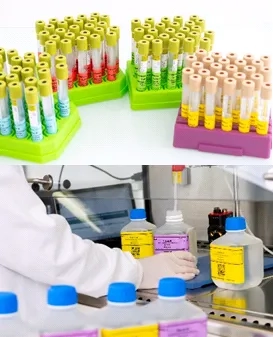
Which External Quality Assessments could be of interest to you?
Your laboratory is likely to be interested in these External Quality Assessments:
By taking part in these interlaboratory comparisons, you receive an estimate of your analytical performance, enabling you to improve the quality of your measurements on biological samples or medical type water.
Food industry laboratory

You are a food industry laboratory, a food analysis service provider or a bottled water producer.
Your laboratory's activities cover physico-chemical or biological analyses on various foodstuffs intended for human or animal consumption, but also on water used in food production and on waste water after use.
AGLAE provides a wide range of interlaboratory comparisons on water intended for human consumption (public distribution water and bottled water) and waste water.

The framework for food analysis
- Several Community regulations and directives lay down requirements for the hygiene of food products (foodstuffs and animal feed).
- The aim of these regulations is to protect consumers and ensure that all foodstuffs at the production, storage, processing and distribution stages are
- they are safe and suitable for human consumption
- compliance with quality and health safety requirements.
- Chemical or biological agents that could pose a risk to humans or animals are particularly sought after.
- The role of water in the food sector:
- Among food products, drinking water is one of the most closely monitored foodstuff all over the world.
- In the food industry, water is an essential resource, not only as an ingredient, but also for production (heating or cooling), cleaning and staff hygiene. The water used may come from a public network and/or a private resource (well, borehole, surface water). In this case, the food company is responsible for the quality of the water from the point of abstraction to the point of use, and must obtain authorisation and undergo specific health checks by the Regional Health Agency.
- Bottled water is also monitored by producers and distributors. They are subject to specific regulations because of their specific physico-chemical qualities.
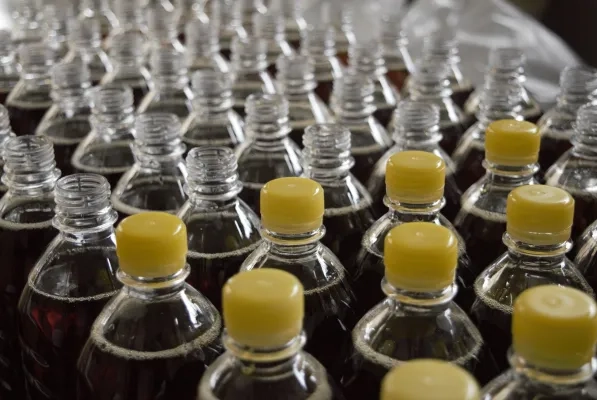
Your expectations in terms of Quality Control
As part of your ISO 17025 accreditation, your laboratory must meet the requirements of :
- Accreditation guides for physico-chemical and/or microbiological analyses of foodstuffs intended for humans or animals, as well as analyses of the food environment
- Approvals issued by Ministries of Agriculture to carry out food analyses.
In the case of bottled water, it is recommended that producers ensure that a quality assurance procedure is in place, taking particular account of the risks of contamination of the water by airborne contamination and the quality of the inputs (corks).
You must ensure the validity of your results and monitor your performance by comparing it with the results of other laboratories.
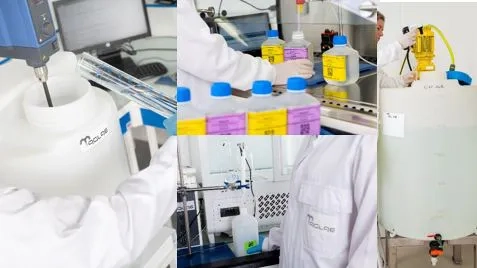
Which proficiency tests could be of interest to you?
Your laboratory is likely to be interested in these proficiency tests on water, including bottled water:
- Microbiology in water
- Base parameters and indicators in water
- Metals in water
- Organic pollutants in clean water
By taking part in these interlaboratory comparisons, you receive an estimate of your analytical performance, enabling you to improve the quality of your water measurements.
